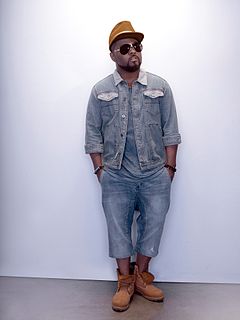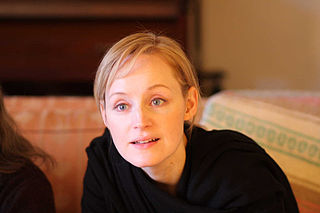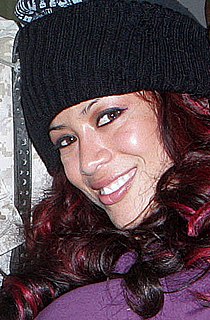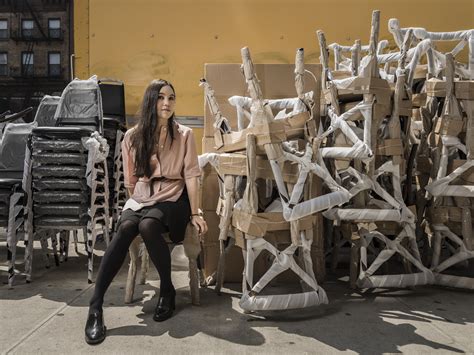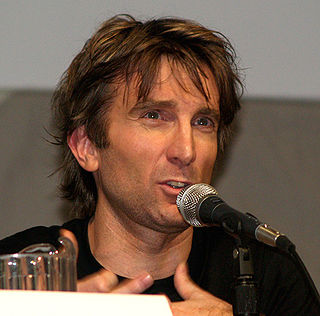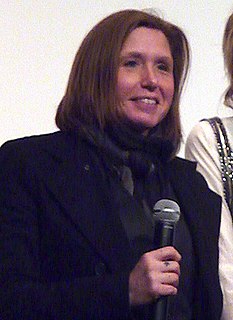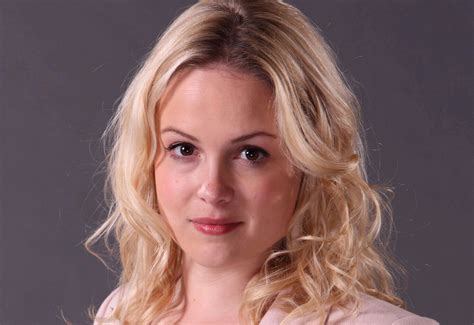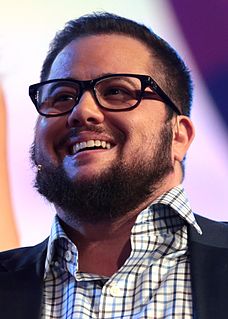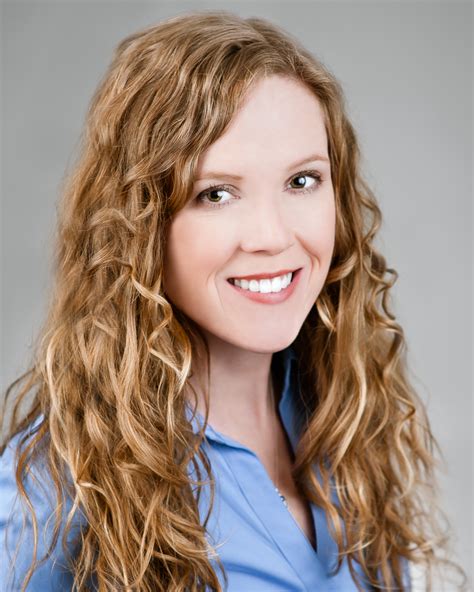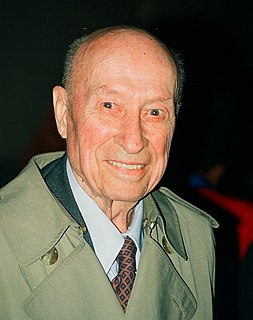A Quote by Charlie Kaufman
My point of view comes more from the literature I've read and the comedy of the era. When I was a kid, coming across National Lampoon Magazine, that was a big thing. I suddenly felt like there were other people that felt the way I did, and there was a way of expressing and communicating this worldview.
Related Quotes
In terms of comedy, there was a Seinfeldian era of comedy that I love but got played out. Seinfeld was great, but then after him it was people acting like Seinfeld and making observations that we felt like we'd kind of heard before, and then you're seeing Seinfeldian comedy in commercials. Suddenly everything is observational funniness.
[Fairy tales] are like a journey to the woods and the many ways you can get lost. Some people say it's not a good idea to read fairy tales to anyone under the age of eight because they are brutal and raw. When I was a kid I often felt that kids's books were speaking down to me, but I never felt that way about fairy tales. They are bloody and scary, but so is life.
I felt like I was a writer, and I just thought filmmaking was the best way for me to express that, because it allows me to embrace the visual world that I love. It's allows me to interact with people, to be more social than fiction or poetry, and it felt like the right way for me to tell the stories that felt pressing to me.
It had nothing to do with gear or footwear or the backpacking fads or philosophies of any particular era or even with getting from point A to point B. It had to do with how it felt to be in the wild. With what it was like to walk for miles with no reason other than to witness the accumulation of trees and meadows, mountains and deserts, streams and rocks, rivers and grasses, sunrises and sunsets. The experience was powerful and fundamental. It seemed to me that it had always felt like this to be a human in the wild, and as long as the wild existed it would always feel this way.
I love comedy. I suppose comedy is my first love, in a way. I did a lot of acting, funnily enough, unprofessionally, as a kid. From when I was 10 years old until I was about 19, I was always doing little sketches with my friends, and doing different accents and voices. Probably about 3/4 of those were comedic, in some way, and the other 1/4 was more serious stuff or more action or more dramatic little pieces that I would make. But, I tend to lean towards comedy.
When I was a kid, I felt like I could do anything and play anything. I just felt super-confident. And then, once I started to play music professionally, maybe it's from being from a small town, but you grow up and then you're suddenly a big fish in a small pond, and I realized that there were a billion other drummers out there that could play as good as you or better, and everybody wants that job.
Sometimes I felt lonely because I pushed people away for so long that I honestly didn't have many close connections left. I was physically isolated and disconnected from the world. Sometimes I felt lonely in a crowded room. This kind of loneliness pierced my soul and ached to the core. I not only felt disconnected from the world, but I also felt like no one ever loved me. Intellectually, I knew that people did, but I still felt that way.
I went through a political shift when I was nineteen or twenty. I felt a certain way, and after the shift, I felt the opposite way. And never once did someone yelling at me or making me feel stupid do anything other than reinforce the convictions I had. What did get to me was people listening to me.

